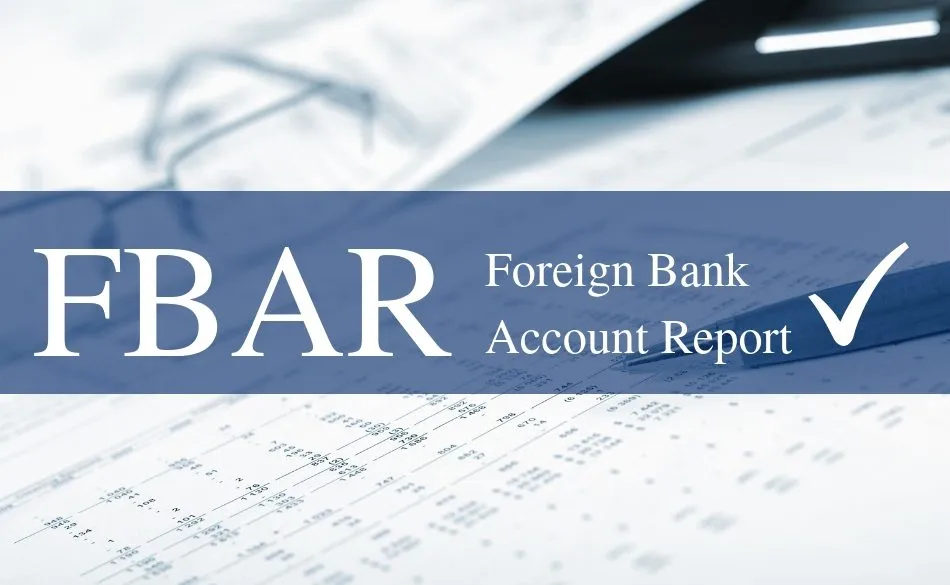 WhatsApp
WhatsApp
 Call Us
Call Us
 Email Us
Email Us
 Whatsapp Community
Whatsapp Community

India is a top investment destination due to its strong economy, significant growth potential, and diverse opportunities. However, US citizens residing in India need to navigate investment regulations carefully to maximize returns and comply with US tax laws, especially the Passive Foreign Investment Company (PFIC) rules. This article answers key questions about PFIC regulations, identifies investments that fall under PFIC rules, and highlights why Portfolio Management Services (PMSs) are often a better option than mutual funds for US-based NRIs.
Introduced in 1986, PFIC rules were designed to discourage US taxpayers from investing in foreign assets that could defer or minimize US tax obligations. The purpose of PFIC status is to prevent US taxpayers from avoiding taxes by investing through foreign accounts and companies that aren’t subject to the same rules as those located within the United States. So, what qualifies as a PFIC?
Income Test: Does at least 75% of the company’s gross income come from passive sources?
Asset Test: Do at least 50% of the company’s assets generate or hold to generate passive income?
PFICs can carry significant tax burdens for US investors, highlighting the importance of understanding NRI taxation. Understanding the unique taxation of PFICs is crucial:
Annual Tax on Unrealized Gains: Gains are taxed annually as if the investment was sold and repurchased.
Ordinary Income Taxation: Gains are taxed as “ordinary income,” with losses only deductible when realized.
High Tax Implications: PFIC tax rates can reach near or above 50%, turning what could be a profitable investment into a costly one.
Why should US citizens care? US tax laws require citizens to report worldwide income, including income from PFIC investments, no matter where they reside. Failure to understand the filing ramifications of PFICs can result in punitive taxes, interest, and fees.
Mutual Funds: Equity and debt mutual funds domiciled in India often qualify as PFICs due to their passive income from dividends, interest, and capital gains.
Exchange-Traded Funds (ETFs): ETFs listed in India are subject to PFIC rules similar to mutual funds.
Indian AIFs (Alternative Investment Funds): Certain types of AIFs, such as Category 1 and Category 3, can fall under PFIC classification.
REITs and Other Collective Investments: These also typically qualify as PFICs.
Direct Equity Investments: Investing directly in Indian company stocks can bypass PFIC rules.
Portfolio Management Services (PMSs): PMSs involve direct equity investments managed with only a Power of Attorney (PoA) given to the fund house, helping avoid PFIC classification.
Direct Bond Investments: Bonds and debentures are generally not considered PFICs.
Real Estate Investments: Direct investments in real estate (e.g., rental income or capital gains) are not subject to PFIC rules.
Fixed Deposits: While interest income from fixed deposits is taxable in both India and the US, they are excluded from PFIC classification.
Pension Funds: Pension funds like EPF and PPF are typically exempt from PFIC rules due to their structure.
Category 2 AIFs: AIFs with a pass-through taxation structure that distribute all income to unit holders may avoid PFIC classification.
Direct Equity Investment Advantage: PMSs involve direct equity investments and avoid PFIC classification, simplifying tax reporting compared to mutual funds.
Tax Compliance Benefits: PMSs offer better tax compliance by sidestepping the stringent PFIC tax treatment.
Customization and Management: PMSs are tailored and actively managed, providing strategic benefits that may not be present in mutual funds.
Understanding PFIC rules is essential for US citizens living in India. While investments like mutual funds and ETFs may trigger PFIC classification, options such as direct equity, PMSs, and certain AIFs can help optimize returns and simplify tax compliance. Navigating PFIC regulations carefully can lead to better financial outcomes and easier adherence to US tax laws.







Stay in the loop, subscribe to our newsletter and unlock a world of exclusive updates, insights, and offers delivered straight to your inbox.